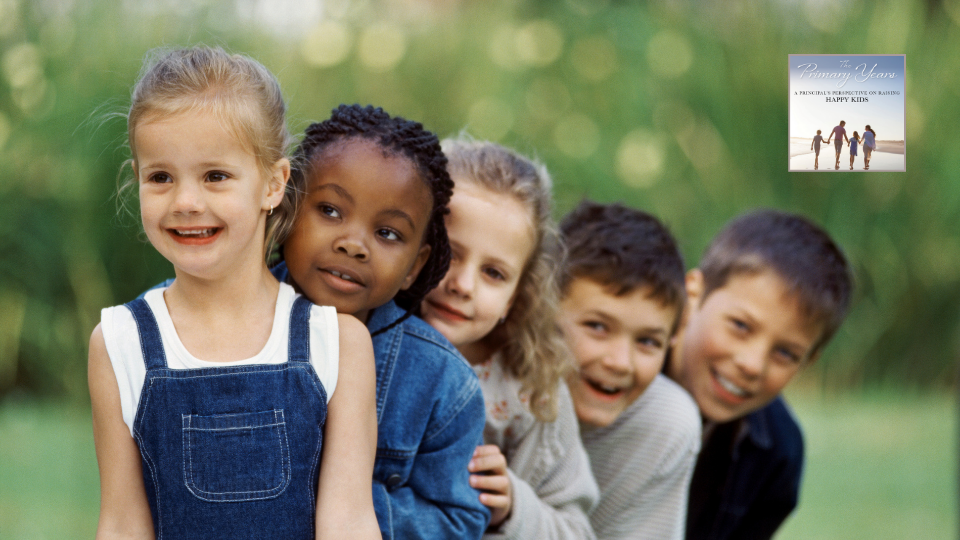Helping Your Child Navigate Friendships and Challenges
Friendships play a huge role in a child's school experience, shaping their confidence, happiness, and even their academic success. But as every parent knows, friendships come with ups and downs — disagreements, peer pressure, and the heartbreak of feeling left out. Here are five powerful ways parents can help their children build strong, healthy friendships while overcoming challenges.
1. Teach Empathy Through Storytelling
Children who understand how others feel are more likely to form meaningful friendships and handle conflicts with kindness.
Example: If your child tells you a friend was unkind, instead of immediately taking sides, ask: “How do you think they were feeling? Why might they have acted that way?” Reading books about friendship together or sharing your own childhood stories can help children develop empathy and perspective.
2. Role-Play Difficult Social Situations
Many children struggle to know what to say or do in tricky situations. Practising responses in a safe environment can give them the confidence to handle challenges.
Example: If your child is feeling left out at playtime, practise possible conversations:
“Can I join in?” or “Hey, do you want to play together today?”
If they’re dealing with a bossy friend, teach them how to say:
“I like playing with you, but I also want to make my own choices.”
3. Model Positive Friendships at Home
Children learn the most about relationships by watching their parents. If they see you handling disagreements respectfully and maintaining friendships, they’ll follow suit.
Example: If you have a disagreement with a friend or partner, show your child how to resolve it with kindness. Say things like:
“I was upset earlier, but I talked to my friend, and we worked it out.
This teaches them that disagreements don’t mean the end of a friendship—they can be worked through.
4. Encourage a ‘Wide Net’ of Friends
Relying on just one friend can be risky—if there’s a fallout, children can feel completely alone. Encourage them to be open to different friendships.
Example: If your child always plays with the same person, suggest inviting another classmate to join an activity. Say:
“I love that you and Emily are close! Why don’t we invite Mia over too?”
Encouraging group friendships helps children avoid being overly dependent on one person.
5. Teach Resilience When Friendships Change
Friendships naturally shift over time, and not every friendship lasts forever. Teaching your child to accept change helps them build emotional strength.
Example: If your child is upset that a friend has started playing with someone else, acknowledge their feelings but also provide perspective:
“It’s hard when friendships change, but it doesn’t mean you won’t find new great friends.”
Encourage activities where they can meet new friends, like clubs or sports, so they learn that one friendship ending isn’t the end of the world.
Forming friends, losing them and realigning yourself to new groups is a normal part of the childhood development in social and emotional growth. There will be disappointments and successes. There will be sharp reminders about how relationships can change and effect very quickly your well being. As a parent be a good listener and be inclusive with all their friends not showing judgement or bias. Your child needs to walk the road that will ultimately lead them to forming happy stable relationships that are inclusive and that build in them strong emotional intelligence.
“A friend is one of the nicest things you can have and one of the best things you can be.”
